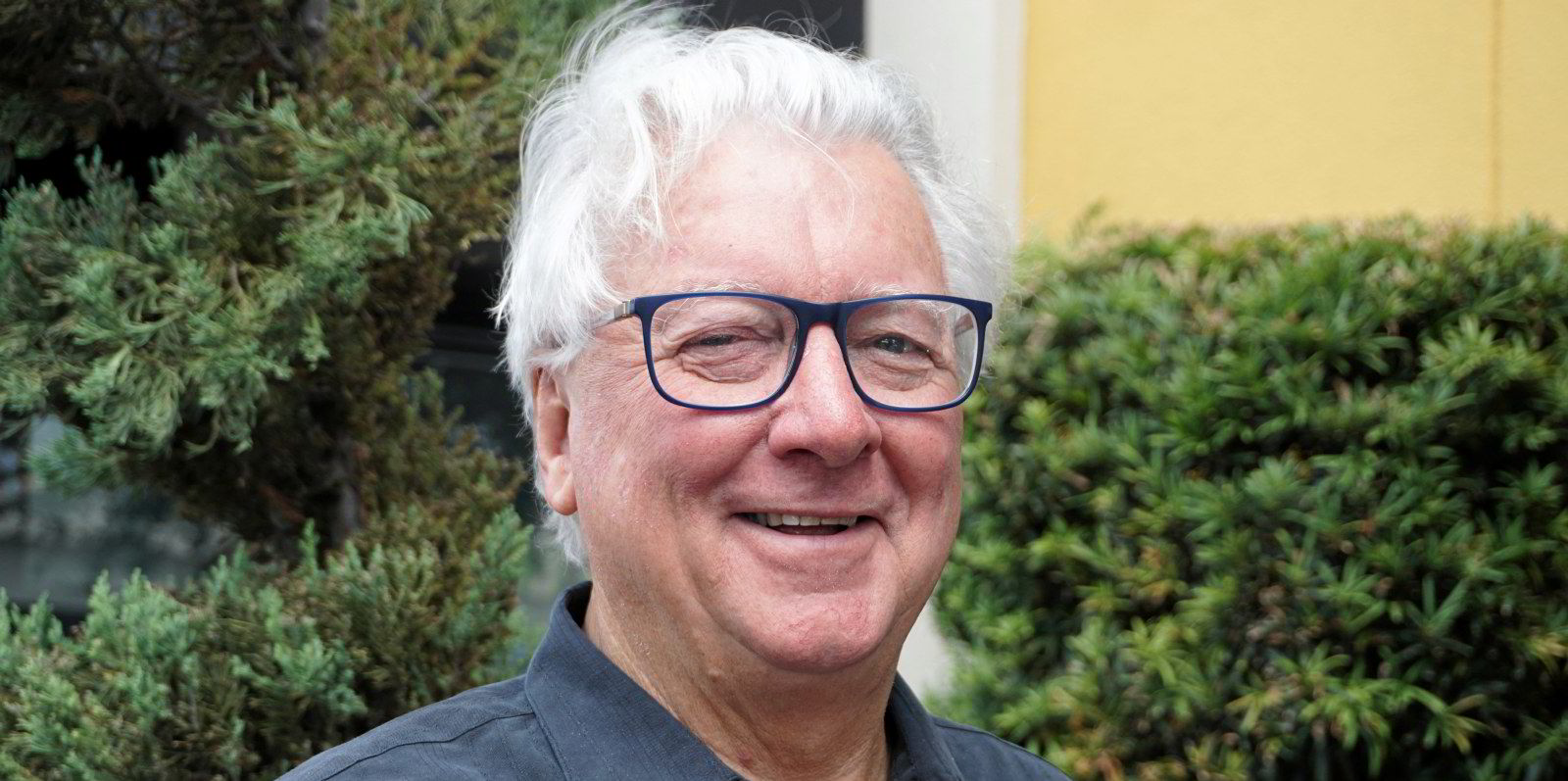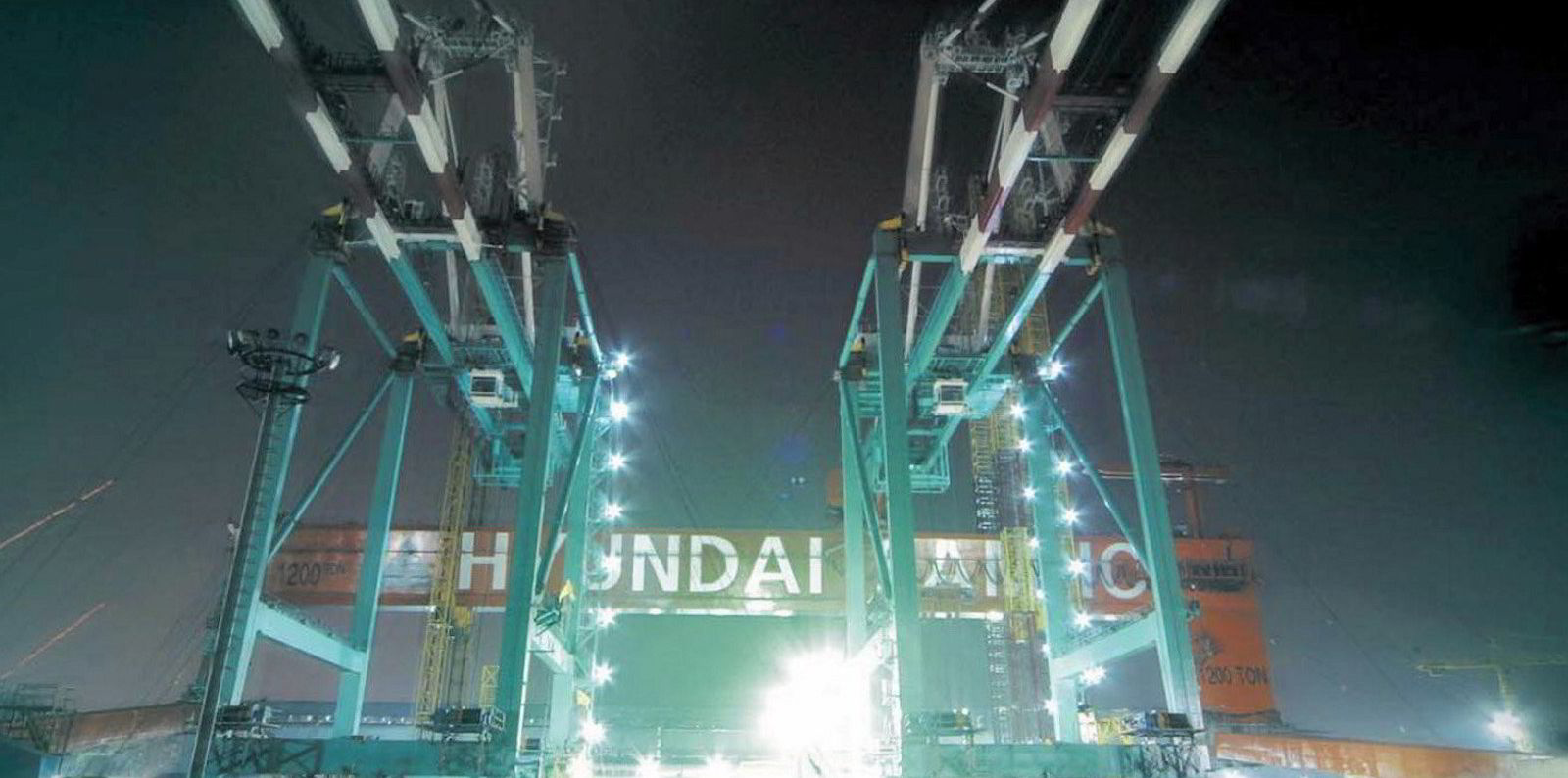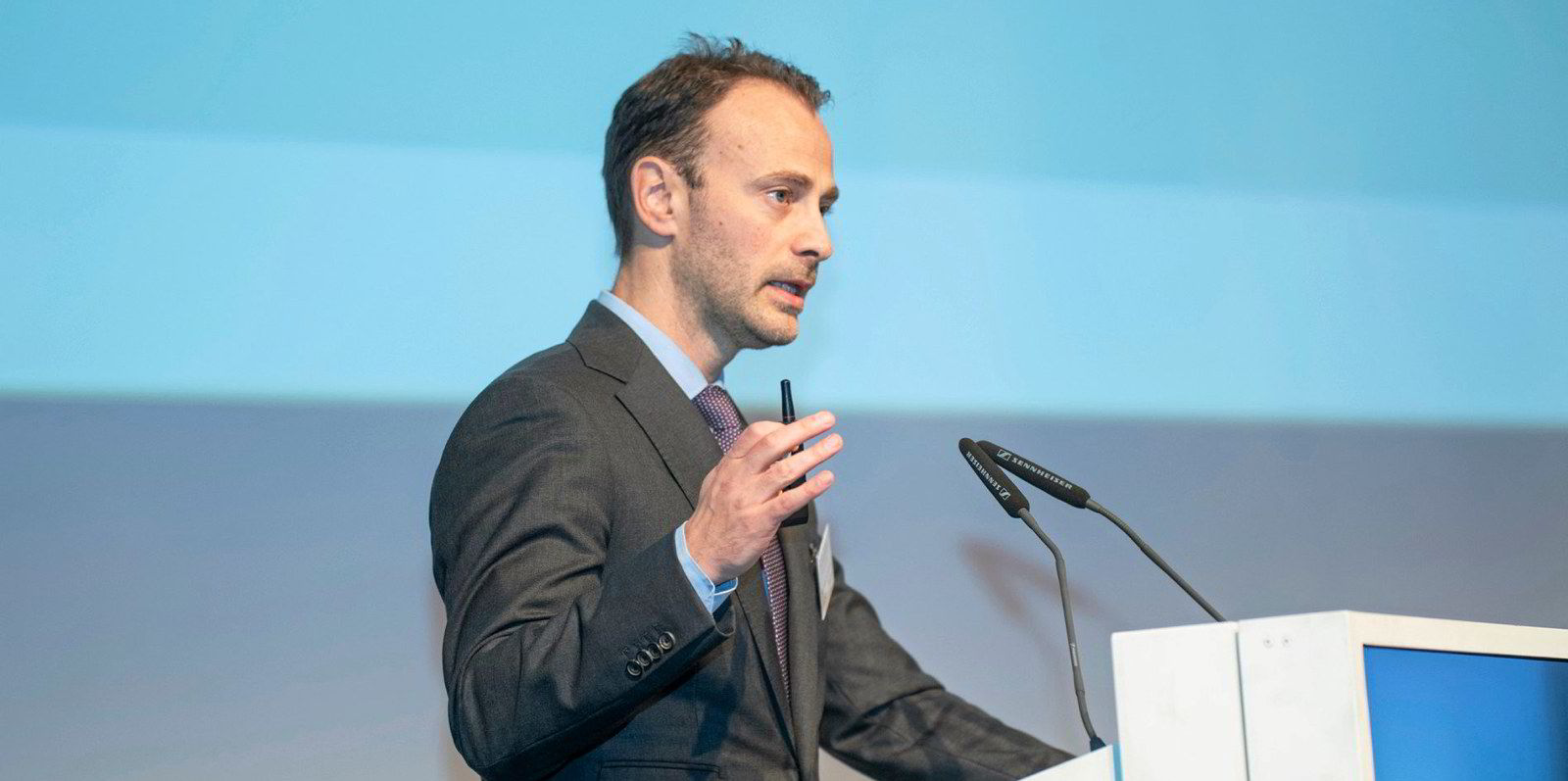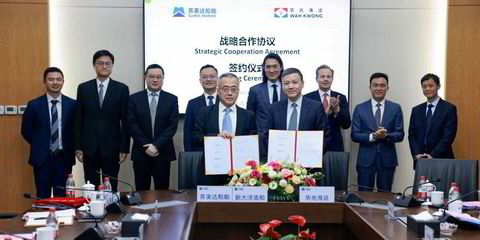Australia's Global Energy Ventures (GEV) is still hoping to get its compressed natural gas (CNG) shipping plans off the drawing board, despite a new focus on hydrogen shipping.
The Sydney-listed company is working on a new letter of intent (LoI) for up to eight Optimum 200 CNG carriers at Yantai CIMC Raffles Offshore in China.
The previous LoI expired at the end of 2020.
GEV's chairman Maurice Brand said in the company's annual report that the board considers the project "very important and relevant" to the energy transition, and it remains an attractive and unique opportunity to establish long-term stable cash flows of significant scale in multiple regions.
"The challenge ahead for natural gas is that the long-term contracting market has become increasingly more challenging, leaving undeveloped and stranded gas reserves increasingly difficult to commercialise," Brand added.
"In our view, this provides opportunities for marine CNG applications given the rapid and growing demand for a lower carbon footprint, with minimal fixed infrastructure, and a shipping fleet that can be redeployed."
New plans afoot
GEV has new initiatives in train to break through on a maiden CNG ship contract, the report said.
Chief executive Martin Carolan added that the past year had been challenging in terms of GEV realising its goal of delivering a binding agreement for an integrated marine CNG project.
But the engineering and approvals of the CNG Optimum ship are advanced to the point of being "construction ready", he added.
"The company remains confident there is a role for CNG in the future of gas markets globally," the CEO said.
Energy majors are sitting on proven assets that require monetisation options outside of the traditional LNG model, he added.
Model re-examined
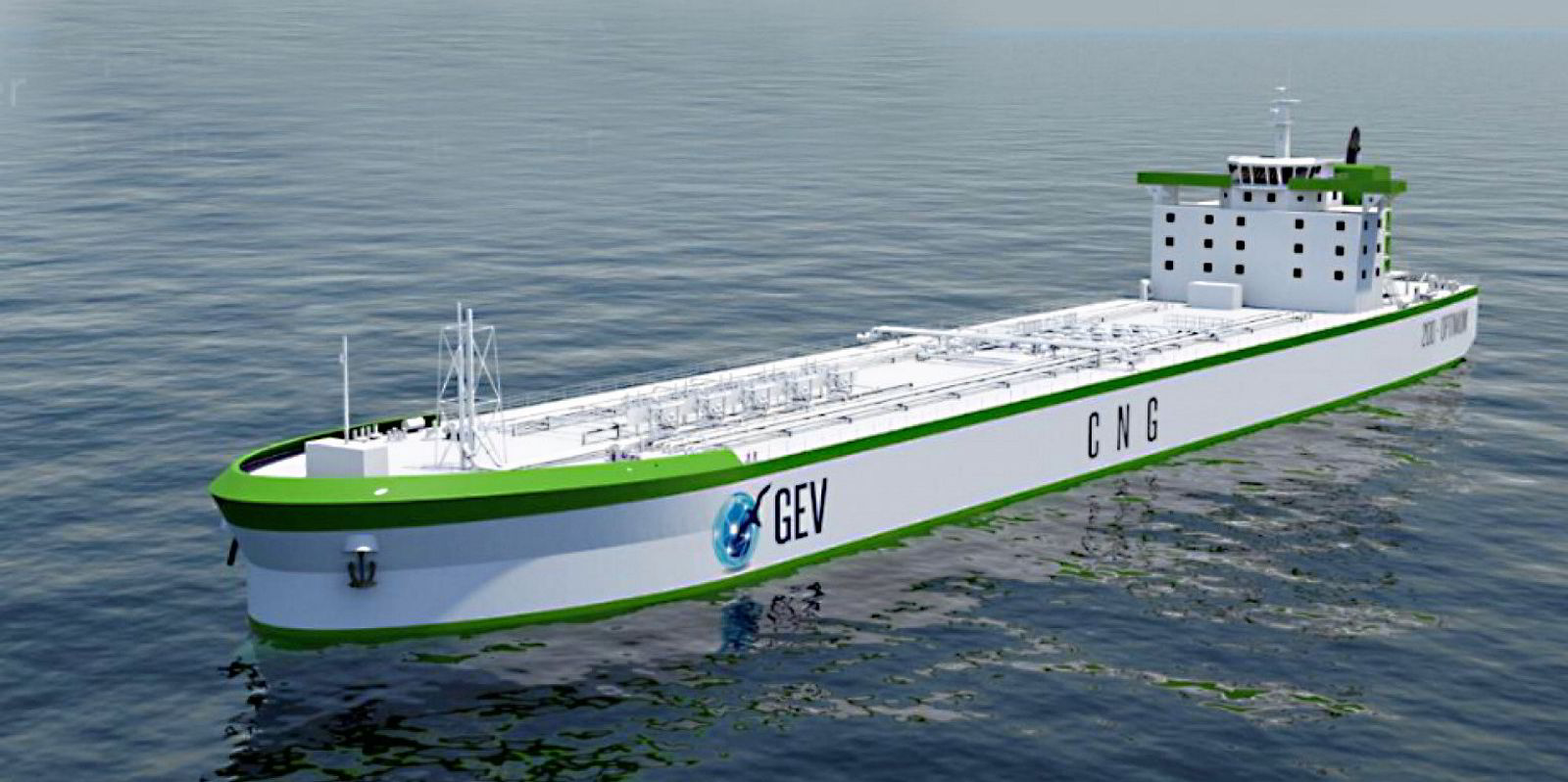
Carolan revealed that in June, GEV's management undertook a detailed review of the CNG business model.
"New recommendations and strategies will be put in place to position GEV for success," he said.
In April 2020, GEV delivered a CNG commercialisation plan to an offshore oil and gas operator in Brazil.
But the unnamed company made a decision not to progress the plan "for reasons unrelated to any deficiencies in GEV’s CNG business model," GEV said.
"Despite such setback, the significant amount of technical and commercial feasibility work completed over 2019 and 2020 has confirmed that offshore Brazil was a uniquely attractive CNG region for GEV to pursue," Carolan added.
Talks are continuing with a second Brazilian producer.
GEV has however secured an agreement with a US energy merchant for gas supply and transportation of up to 200, standard cubic feet per day over 20 years.
"GEV now has the support for an economic export of US natural gas using a CNG supply chain," the company said.
The firm has also said it wants to start constructing a compressed hydrogen carrier in 2023.
The pilot C-H2 vessel will be operational by the middle of the decade, GEV believes.
The vessel will carry 430 tonnes of the green fuel.
